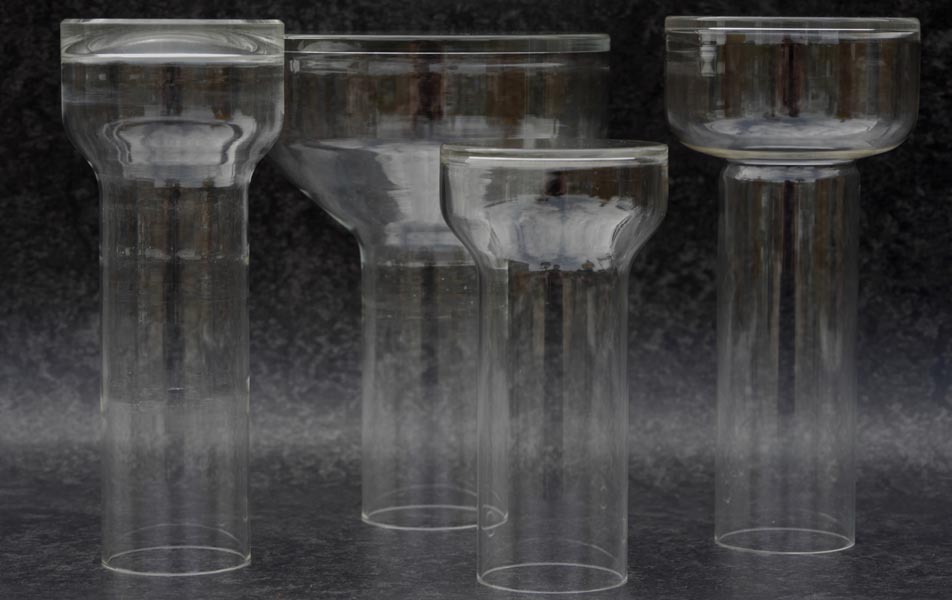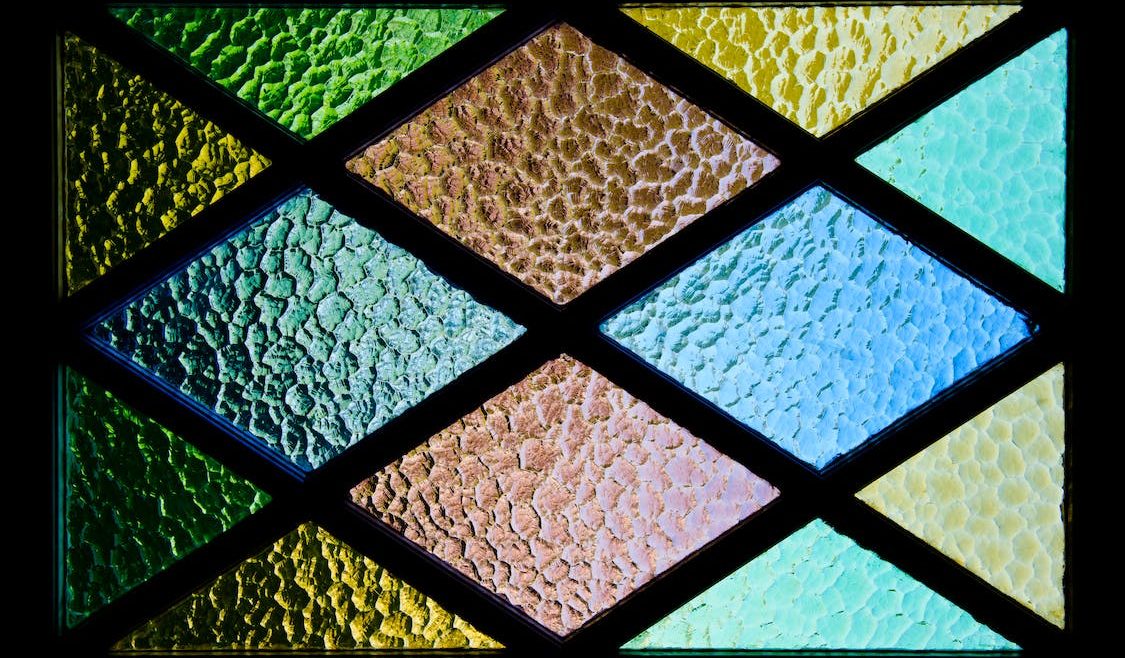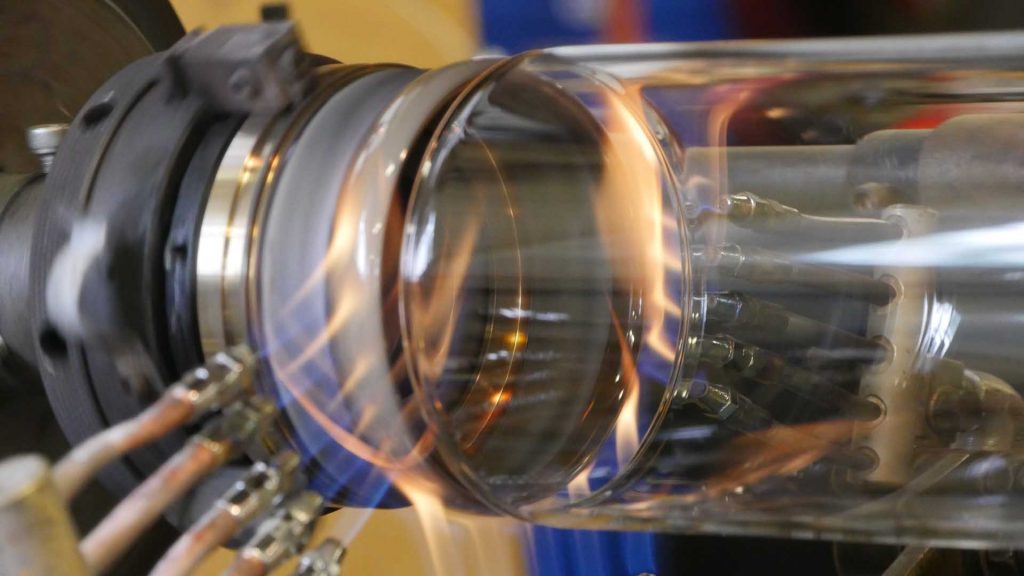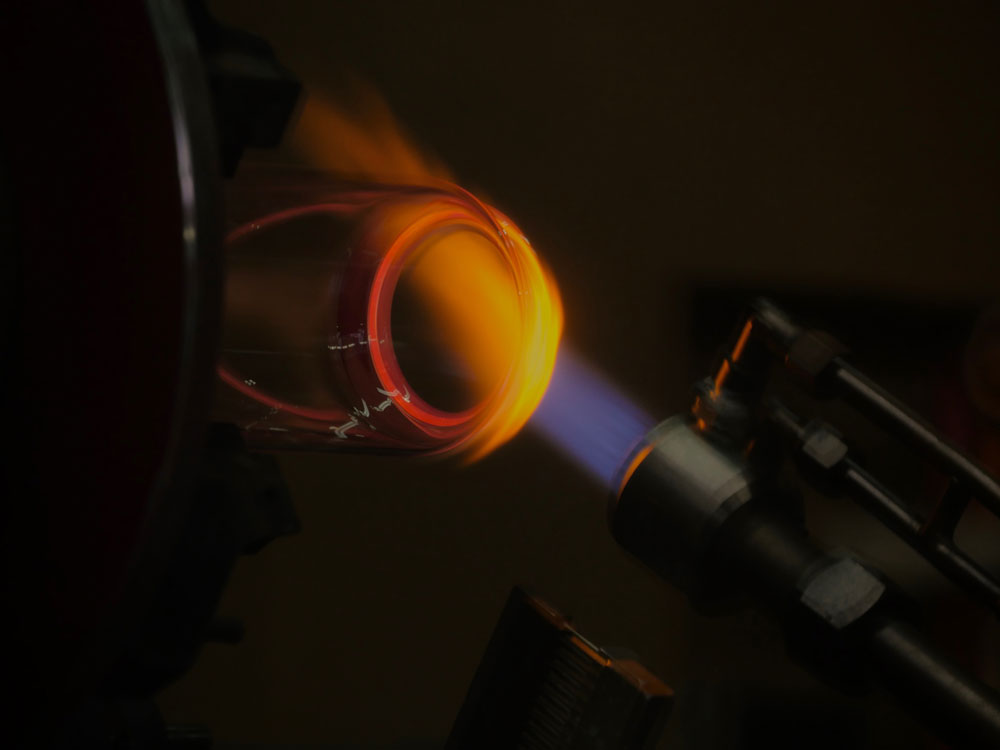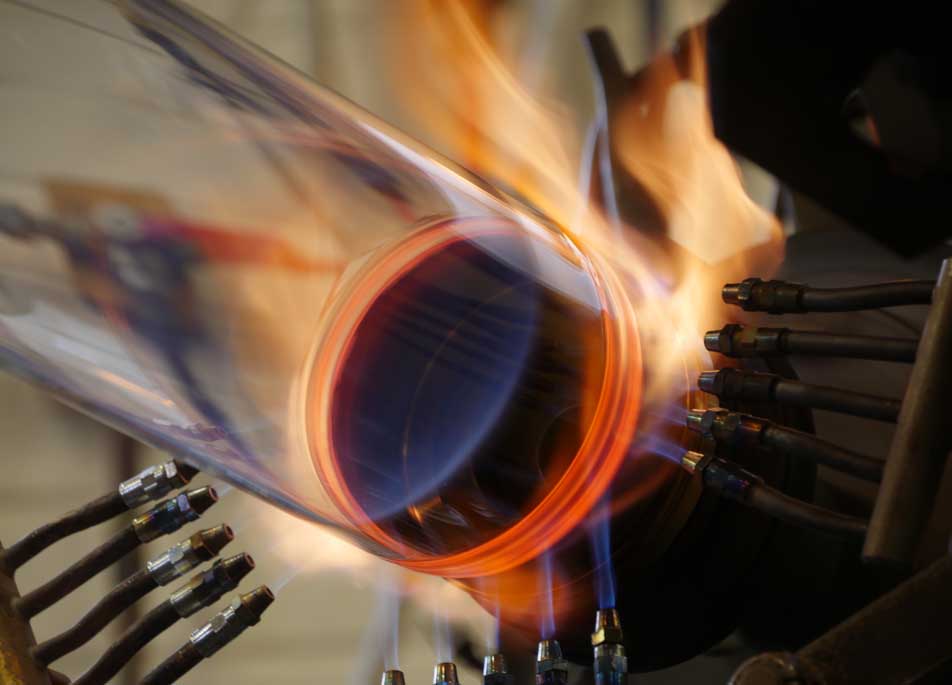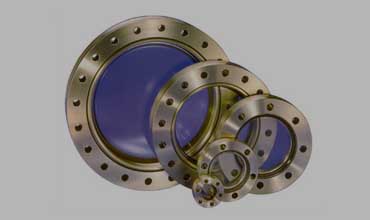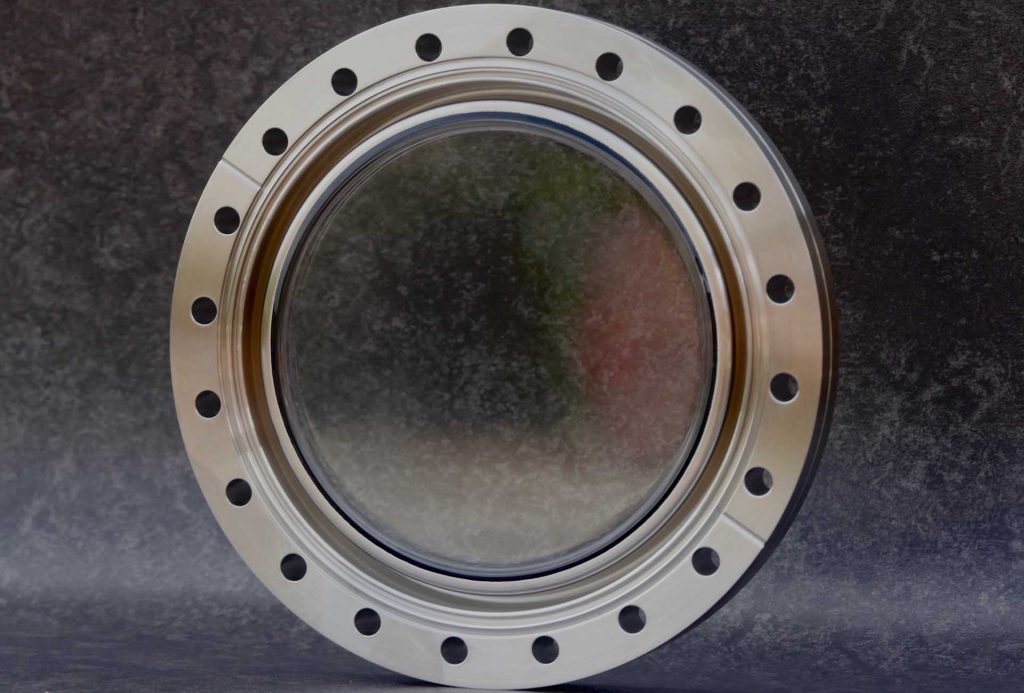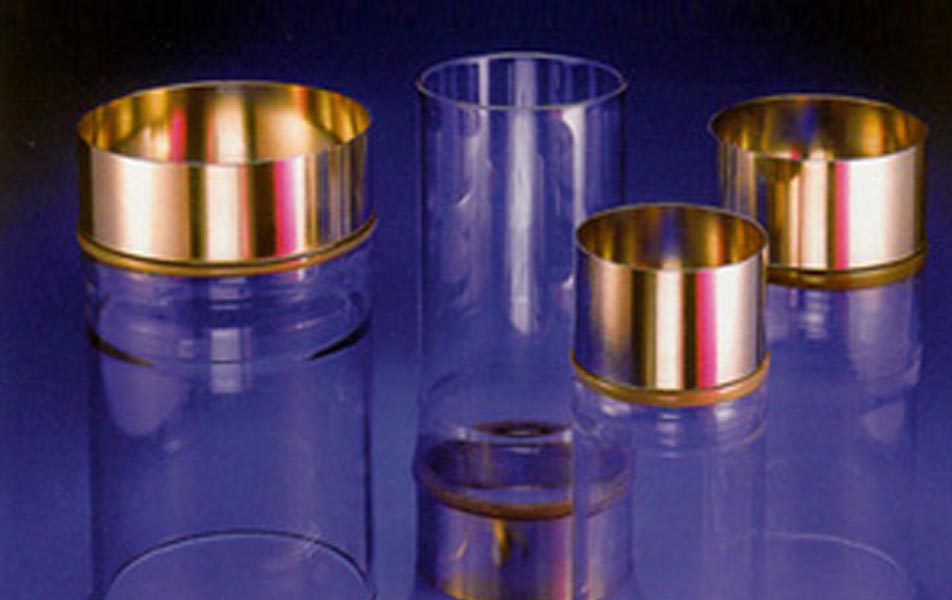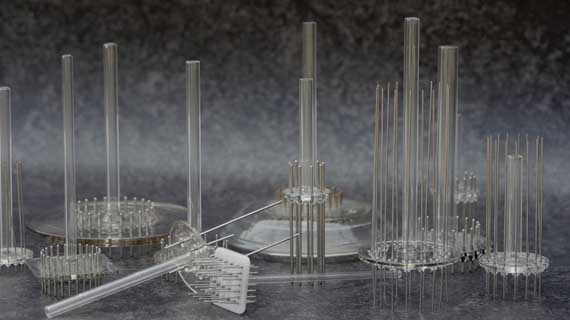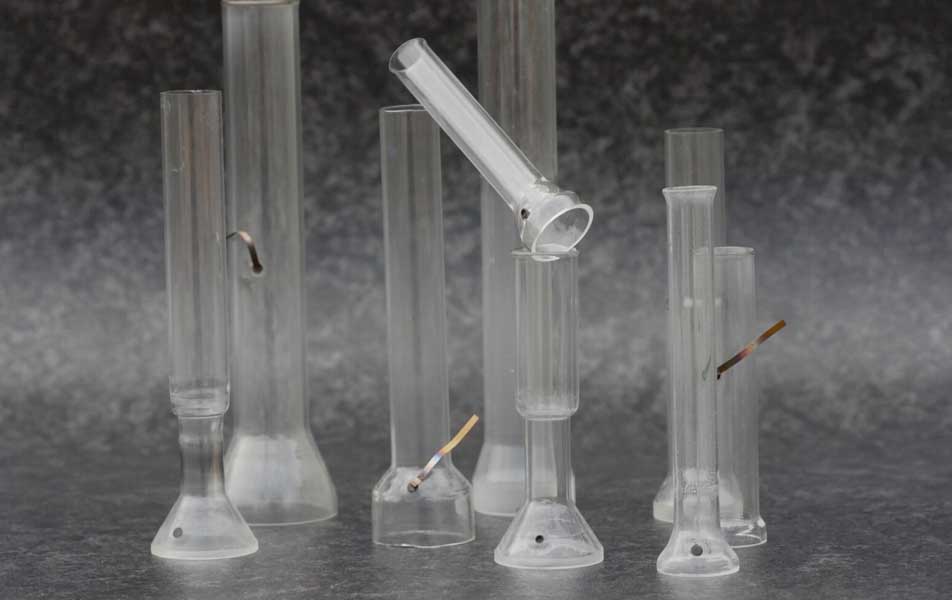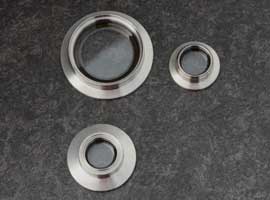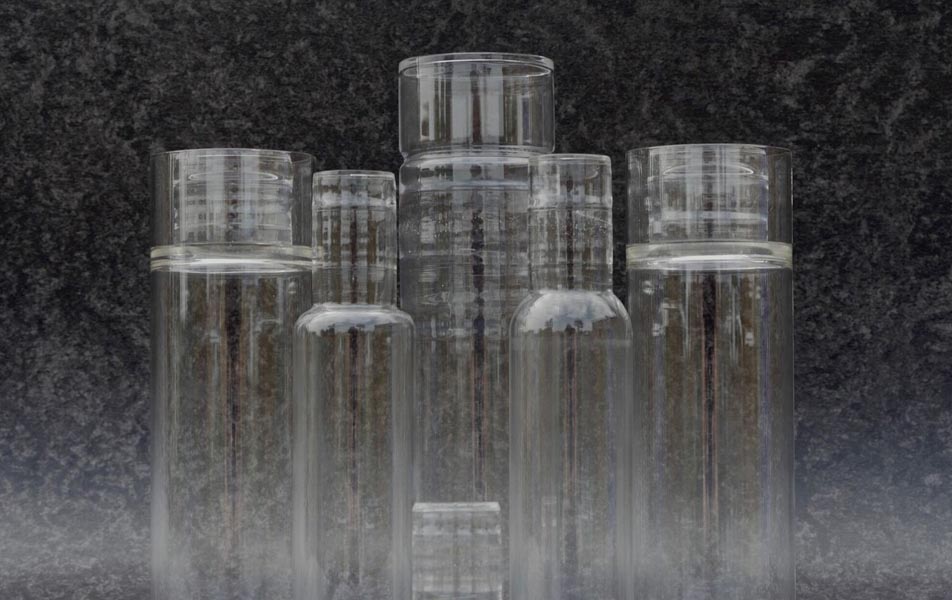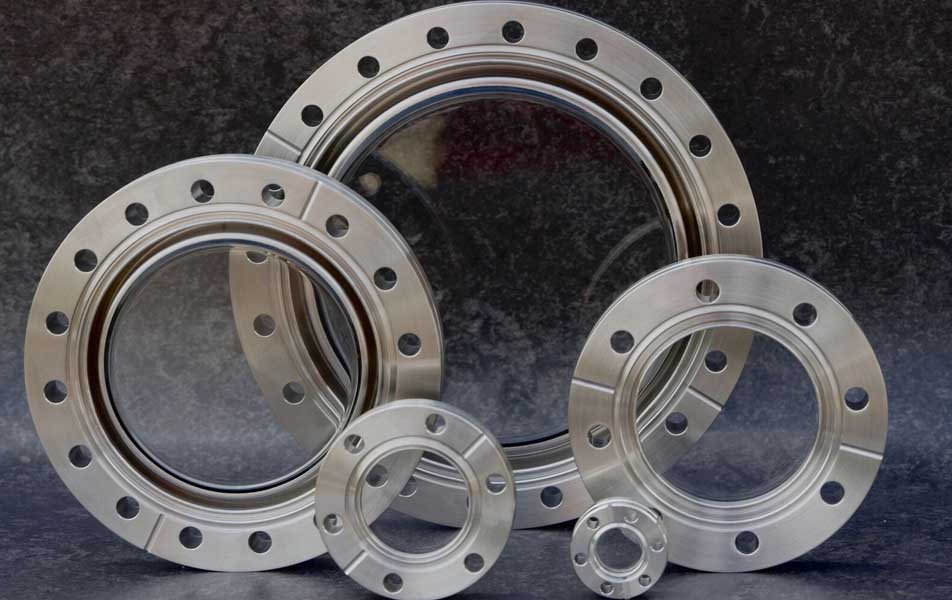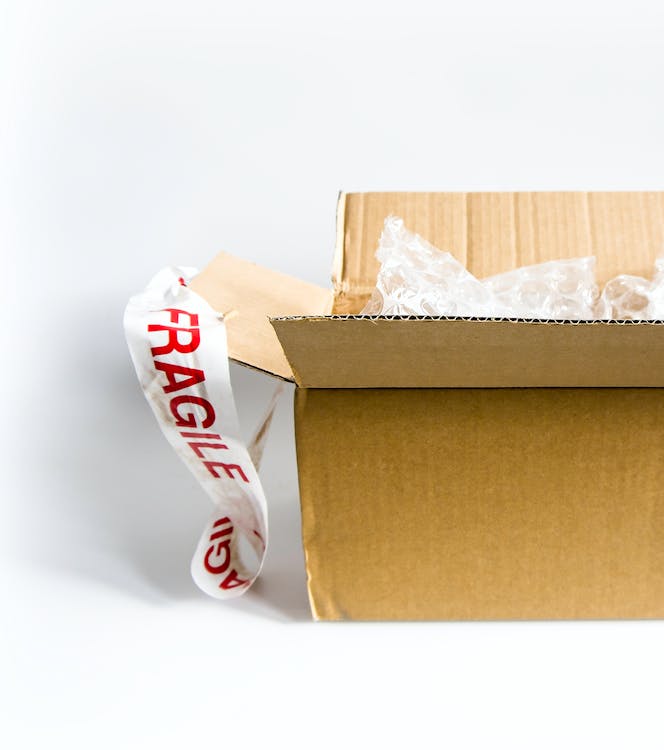The Art and Science of Glass Manufacturing: A Comprehensive Guide
https://moores-glass.co.uk/wp-content/uploads/2023/09/dominik-hofbauer-yK5LQscv7y4-unsplash-1024x819.jpg 1024 819 Kamran Kamran https://secure.gravatar.com/avatar/353a168c874ec096cd8e6ef9822fc7e2?s=96&d=mm&r=gGlass, an essential part of our daily lives, surrounds us in various forms, from the windows that let in natural light to the screens of our smartphones. But have you ever wondered how this translucent and versatile material is created? Welcome to a journey through the fascinating world of glass manufacturing, where art and science combine to produce this remarkable substance.
The Origins of Glass
To truly appreciate the art and science of glass manufacturing, it’s important to delve into its origins.
Glassmaking dates back thousands of years to ancient Mesopotamia and Egypt, where artisans stumbled upon the process of fusing sand, soda ash, and limestone at high temperatures to create glass.
Over time, this art form has evolved into a highly sophisticated and precise science.
Raw Materials: The Building Blocks of Glass
The primary ingredients in glass manufacturing are silica (sand), soda ash, and limestone, these raw materials are carefully selected and mixed in precise proportions to achieve the desired properties in the glass.
The quality and purity of these ingredients are critical factors in the final product’s quality.
The Melting Process
Glass manufacturing begins in the furnace, where raw materials are heated to extremely high temperatures, typically around 1700°C (3092°F), this intense heat causes the materials to melt and combine, forming a molten glass mixture.
The temperature and duration of heating are carefully controlled to ensure a consistent and high-quality glass melt.
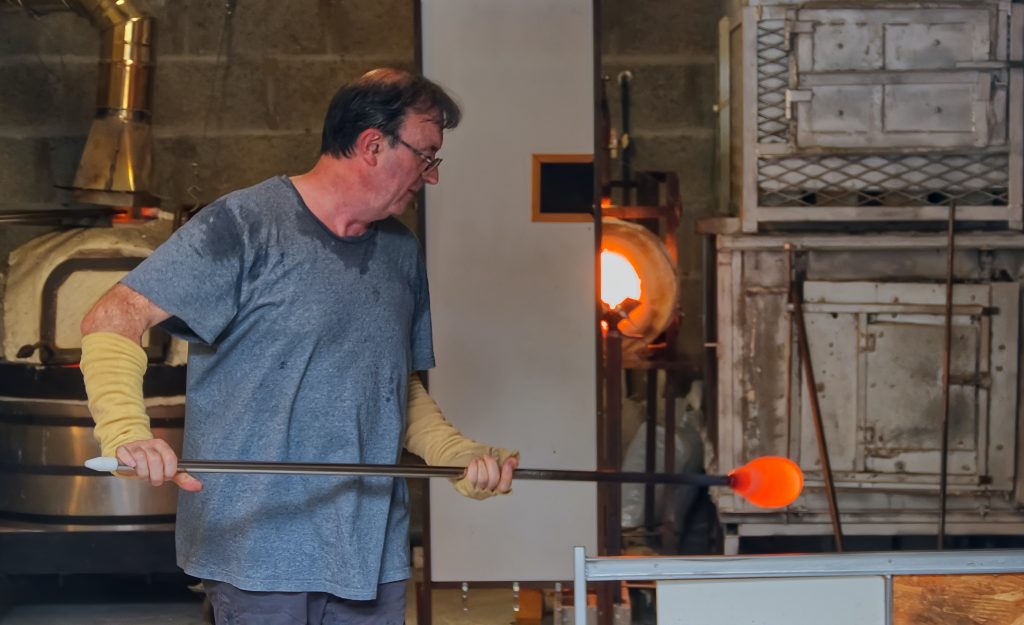
Forming Glass Shapes
Once the molten glass is ready, it can be shaped into various forms.
There are several methods for shaping glass, including:
- Blowing: This ancient technique involves blowing air into a gather of molten glass, creating beautiful and unique glassware.
- Rolling: For producing flat glass (e.g., windows and mirrors), molten glass is rolled out onto a horizontal surface and then gradually cooled.
- Pressing: Glass can be pressed into molds to create intricate designs and patterns.
- Drawing: Thin glass fibres, used in applications like fibre optics, are drawn from the molten glass.
Annealing: Strengthening the Glass
After shaping, glass objects undergo an annealing process to relieve internal stresses and strengthen the material, this involves slowly cooling the glass at a controlled rate in a temperature-controlled environment, which prevents cracking or shattering.
Cutting and Finishing
Glass objects are often cut and polished to achieve the desired shape, size, and surface quality. This step requires precision and skill, particularly in the case of specialty glass products.
Quality Control: Ensuring Perfection
Quality control is paramount in glass manufacturing. Automated systems and skilled inspectors examine the glass for defects, ensuring that only flawless products reach the market. This rigorous process guarantees the safety and reliability of glass used in various applications.
Applications of Glass: Beyond Windows and Bottles
Glass is used in a vast array of applications, from architecture and automotive to electronics and art. Modern advancements have led to the development of smart glass, which can change its transparency in response to external conditions, and even self-healing glass that can repair minor scratches.
The Timeless Craftsmanship of Glass Manufacturing
The art and science of glass manufacturing are a testament to human ingenuity and innovation. From its humble beginnings to its current status as an indispensable material in our modern world, glass has come a long way. Understanding the intricate processes involved in glass manufacturing allows us to appreciate its beauty, versatility, and functionality.
Next time you gaze through a window or marvel at a piece of glass art, remember that it is the product of centuries of knowledge, skill, and scientific precision. Glass manufacturing truly embodies the perfect blend of artistry and science, and it continues to shape our world in remarkable ways.

About Moores Glass UK Glass Manufacturer
Moore’s Glassworks supply solutions to a range of clients across many different industries and we export glassware around the world.
Our cutting-edge designs and commitment to anticipating changes in technological innovation have seen our components adopted into the military, scientific, industrial and electronic sectors worldwide.






